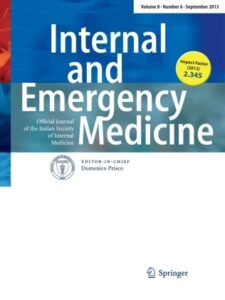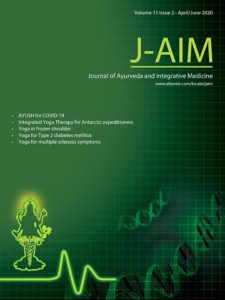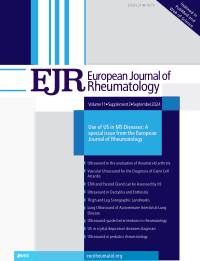Background - Infertility is the inability of a person to conceive despite having carefully timed, unprotected sexual intercourse for 2 years. There are 80 to 168 million people worldwide who are suffering from infertility, resulting in feelings of failure, embarrassment or personal disappointments, which in turn lead to strained relationships with the spouse, family, and social circle. This study aimed to highlight the significance of using individualised homeopathic medicine in the treatment of infertility. In this study, seven couples suffering from infertility, who conceived after undergoing treatment at the National Homoeopathy Research Institute in Mental Health, Kottayam, were included. Methods - Significant improvement within a short period of treatment and the combined co-operative response from both partners were the key considerations for our selection of these seven cases from 12 successfully treated cases out of 20 couples in total. Detailed case studies were achieved for all seven couples. The individualised homeopathic medicines were prescribed after repertorisation based on confirmation with the authorised textbooks of Materia Medica. All couples were followed up on a monthly basis, and outcome measures of positive pregnancy (i.e., urine pregnancy test and ultrasonography of the pelvis) were evaluated. Results - All seven couples successfully conceived. Two of the couples showed a significant improvement of underlying symptoms within 2 months, whereas three responded within the third month of treatment. One of the couples conceived in the fourth month and the seventh couple took 8 months to have a successful pregnancy. Conclusions - Overall, the results of the case series indicate that individualised homeopathic medicines are useful in the management of infertility.






